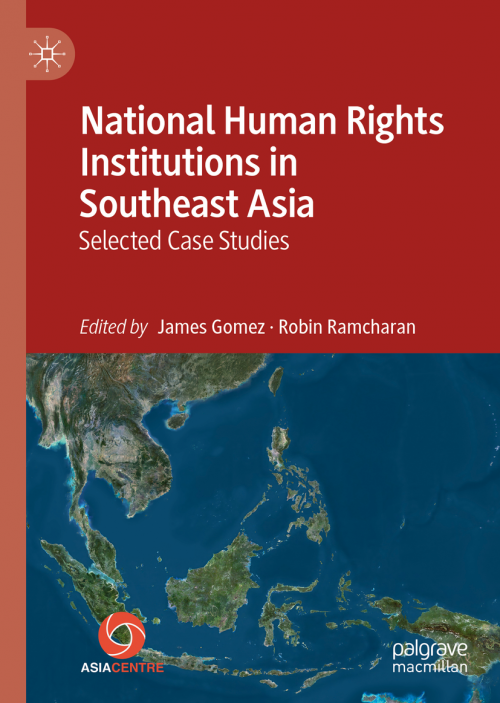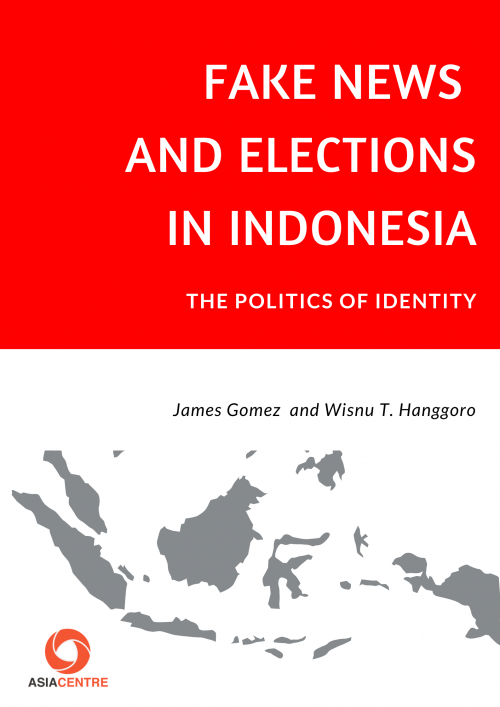
Abstract
The Universal Periodic Review of Southeast Asia: Civil Society Perspectives provides a stakeholder analysis of human rights protection on the ground. The book reviews Southeast Asia’s civil society engagement with the Universal Periodic Review (UPR) of the United Nations Human Rights Council during the first (2008-2011) and second (2012-2016) cycle. Through evidence-based research the book identifies gaps in human rights reporting and advocacy during the UPR, notably on civil and political issues such as the right to life, freedom of expression, freedom of religion and belief, extrajudicial killings, arbitrary detention, territorial autonomy and separation. The book highlights the need for more civil society engagement on civil and political issues during the third cycle of the UPR in 2017-2020. Failing which, the UPR process risks being reduced to a platform where civil society only engages on issues that States are willing to cooperate on. More pressure needs to be put on States to follow-up and implement recommendations. The book is the first regional appraisal of the UPR in Southeast Asia. It is based on the human rights programme of the Asia Centre.
Table of Contents
- Introduction: The Universal Periodic Review of Southeast Asia: A Regional Mapping. James Gomez and Robin Ramcharan
- Chapter 1: Addressing Human Rights Protection Gaps: Can the Universal Periodic Review Process Live up to its Promise? Michael White
- Chapter 2: Universal Periodic Review on South East Asia Norm Building in Transition: A Hermeneutic Approach. Theodor Rathgeber
- Chapter 3: The Abolition of the Death Penalty in Southeast Asia: The Arduous March Forward. M Ravi
- Chapter 4: LGBTIQ Rights in Southeast Asia: Implementing Recommendations from the Universal Periodic Review. Destination Justice
- Chapter 5: Singapore’s Universal Periodic Review: Civil Society Perspectives. James Gomez and Michelle D’cruz
- Chapter 6: The Universal Periodic Review of Timor-Leste: Achieving Justice for Past Human Rights Abuses Under Indonesian Rule. Cristian Talesco and Brigette S. Valentine
- Chapter 7: Freedom of Religion and Belief in Indonesia: Raising Awareness through Universal Periodic Review. Hesty Dewi Maria Siagian
- Chapter 8: Non-Confrontational Human Rights Advocacy: Experiences from the UPR Process in Myanmar. Francesca P. Traglia
- Chapter 9: Can NHRis Bridge the Implementation Gap? Assessing SUHAKAM’s Effectiveness in Malaysia’s Universal Periodic Review. Khoo Ying Hooi
- Chapter 10:The UPR and Its Impact on the Protection Role of AICHR in Southeast Asia. Celine Martin
- Conclusion: Southeast Asia’s Third UPR Cycle: Moving from Process to Implementation. James Gomez and Robin Ramcharan



